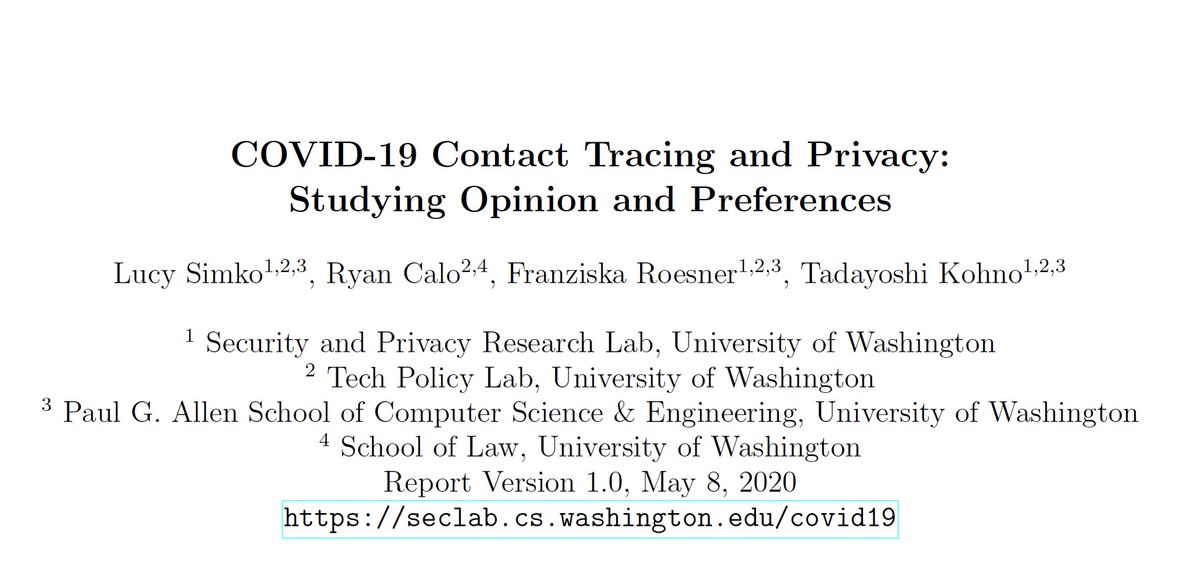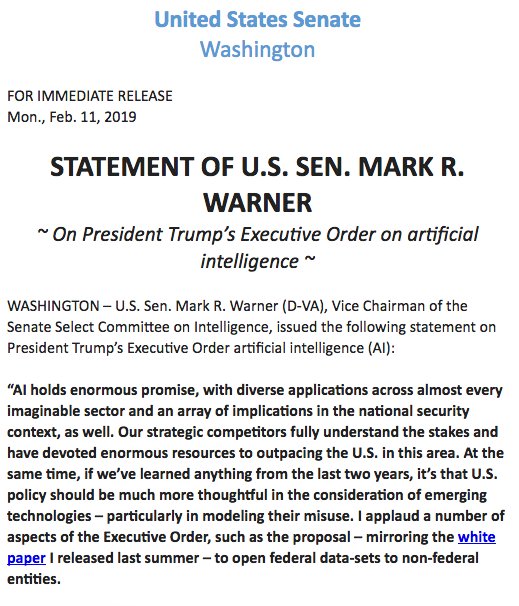How to get URL link on X (Twitter) App

https://twitter.com/rcalo/status/1663613253430419457The Center for AI Safety gets “90%” of its funding from Open Philanthropy. Okay. Who funds Open Philanthropy?


https://twitter.com/ai_risks/status/1663478064913993728The first reason is to focus the public’s attention on a far fetched scenario that doesn’t require much change to their business models. Addressing the immediate impacts of AI on labor, privacy, or the environment is costly. Protecting against AI somehow “waking up” is not.




 Even with a hypothetical guarantee of "perfect" privacy, ~72% of participants said they were at least "somewhat likely" to download a contact tracing app. That number dropped significantly as we introduced the possibility of imperfect privacy. 2/
Even with a hypothetical guarantee of "perfect" privacy, ~72% of participants said they were at least "somewhat likely" to download a contact tracing app. That number dropped significantly as we introduced the possibility of imperfect privacy. 2/ 


https://twitter.com/Marketplace/status/1194069074915008512When I was investigating allegations of police misconduct in New York, the NYPD rolled out Tasers. But they only let "white shirts" (sergeants and lieutenants) have them at first, because only experienced officers had the situational awareness to know when to use them.

https://twitter.com/BrianLeiter/status/1036671941560754177Take @daniellecitron. She is *core* cyberlaw. But she's listed as writing in a related field. 🤔 Apparently she has 545 Sisk citations since 2013. Impressive. Until you run her Google Scholar citations, which include books and (gasp!) journals in other disciplines. Then it's 2093
